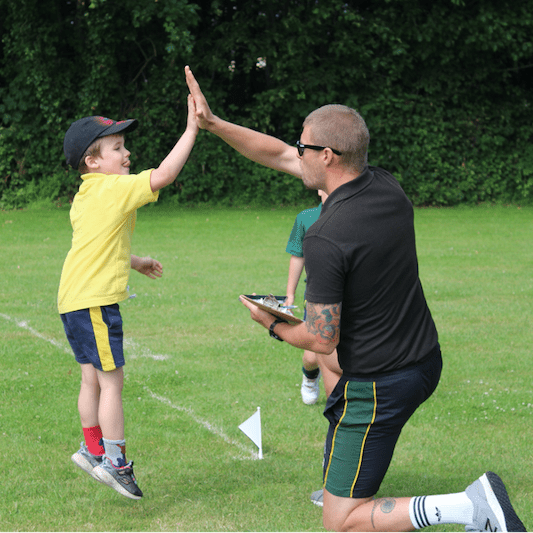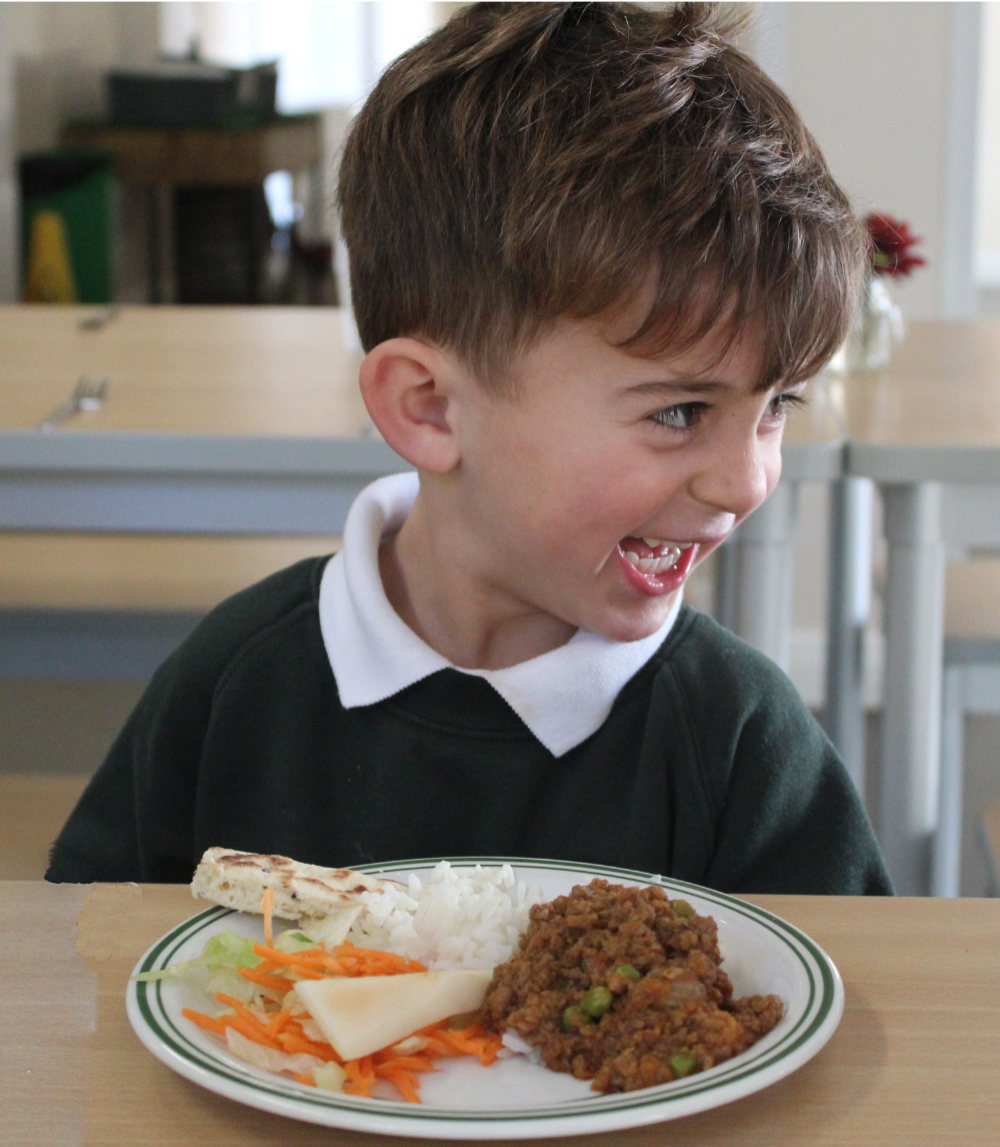Praise and encouragement are important factors when encouraging a child’s motivation, self-esteem and for achieving new goals. Praise should be given mindfully as it’s such an essential part of a child’s development.
Our private primary school in Devon strongly values the significance of praise. By sharing and highlighting their strengths, it will continue to support how they approach tasks in the future and help to contribute to their success.
How Effective Praise Helps Development
Praise is an effective tool when encouraging a child to recognise their achievements and motivate them to positively approach their tasks. It will boost their curiosity and support their self-esteem.
It nurtures their sense of self, demonstrating how to think and talk about themselves positively. There’s no doubt that it’s a lovely thing to be able to help them learn to recognise when to feel proud of themselves, and how well they are doing.
There are various ways to promote self-esteem that will inspire children to have a confident and motivated attitude. We have collected a few factors to consider when doing this.

Describing What They Did Well
Descriptive praise is especially good in communicating what your child has done well. Additionally, it also feels more genuine in comparison to a general ‘well done’ because it acknowledges their efforts in more detail.
Using Age Appropriate Praise
Depending on their personality, and age, of your child they might not appreciate being publically singled out for their accomplishment. The appreciation and recognition of their achievement might get lost in the embarrassment.
General Words of Encouragement
We recommend giving children a few genuine words of encouragement every day. The small things will build up over time and have a positive effect in their future.

Encouraging and Supporting Their Effort
Praising children for their effort is very encouraging, and can be used for positive and negative events. If a child has failed or is nervous about an exam, an optimistic approach is to focus on how hard they have studied to prepare.
You can use it to encourage them to pursue activities as well, such as asking them to show you how well they can draw.
Praising What They Can Control
It’s great to encourage children and promote their self-esteem by praising them, but it’s also important to focus on what they can change rather than just natural gifts and skills. A few examples of this include:
· The level of effort they have put in.
· How much time they put into preparation.
· The strategies they’ve used.
Ineffective Praise
To help support their development, it’s fundamental to recognise that we can also negatively influence a child’s motivation, and lower it, by using praise. This can make them feel as though they need a reward for everything that they accomplish to feel proud of themself.
Comparable Praise
Comparative praise can be effective but, if it is overly endorsed, it can result in their main ambition being competitively focused rather than mastering the skill itself. Their motivation will become reliant on outperforming others.
Insincere Praise
Children can be aware of artificial praise, and it can leave them feeling like their work isn’t good enough, resulting in self-criticism. This includes when a child may feel that they are only praised for reinforing good behaviour.
Extreme Praise
Over praising can also cause potential problems down the line. It can set high standards which your child might struggle to maintain.
This can affect how they approach future tasks; they might even avoid them out of fear of failing or not meeting expectations. They won’t want to lose the respect of those they look up to.

These are just a few ideas to help support a child’s development. All that’s necessary is to ensure that they know you’re genuinely proud of their efforts and gently encourage them.
Why not share how your kids made you proud today? We’d love to hear about it on the parental community on our social media channels! For more advice and information, you can browse our blog!
To discover more about our educational opportunities at St Peter’s Prep, please contact Rachel Elliott, Director of Admissions & Marketing, on 01395 280335 or email rachel.elliott@stpetersprepschool.co.uk










